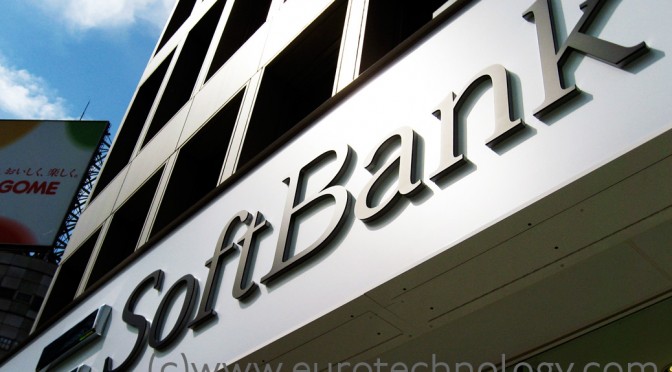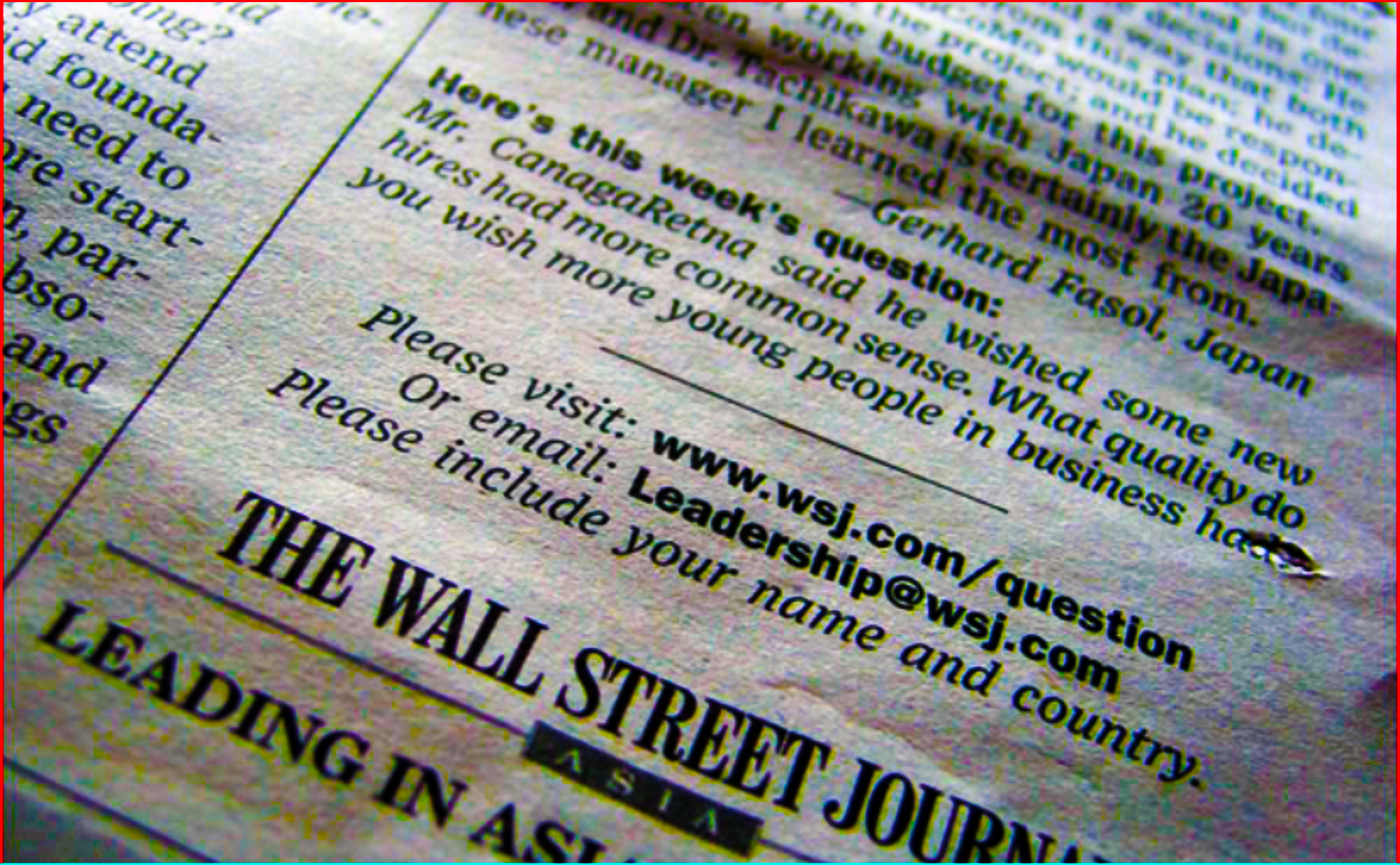Gerhard Fasol. news. events.
-
Founded 10 years ago here in Tokyo, our company continues a great tradition of European excellence combined with Japan’s great traditions, Japan’s creativity & vitality & excellence. Ludwig Boltzmann (February 20, 1844 – September 5, 1906) is our company’s founder’s great grandfather – and one of our company’s great inspiration. We are working hard to…
-
Yesterday (August 26, 2006) SoftBank opened the new Roppongi flagship store. SoftBank’s white/silver/grey colorscheme replaces Vodafone’s bright red: Copyright·©2013 ·Eurotechnology Japan KK·All Rights Reserved·

-
Japan is a couple of years ahead of Europe and US in mobile communications by most measures. What are GOOGLE and YAHOO doing in Japan’s mobile sector? GOOGLE partnered with KDDI (Japan’s No. 2 mobile operator with about 25 million mobile subscribers) to develop mobile search. YAHOO-Japan made a large step forward when SoftBank acquired…
-
There is a lot of discussions about whether Steve jobs is going to announce an iPhone or iPod-Phone at the Apple Computer Developer’s Conference in SF – according to the headline report on Saturday May 13th, 2006 in Nihon Keizai Shinbun ( the world’s largest business daily ) it’s already known since May this year…
-
-
In my 20 years of business and work between US/Japan and EU/Japan, I am often surprised how Western executives underestimate economic size and strength of Japan and it’s companies – here is another example: BusinessWeek writes about the SoftBank/iPod phone, and writes that former Apple executives says that Apple’s CEO Steve Jobs wouldn’t normally tie…

-
May 30, 2006: at the Industrial Club of Japan Panel discussion for about 200 Japanese CEOs and high level managers about the challenges of international business management. The five panelists were: James C AbbeglenAllen Miner (CEO of Sunbridge Venture Habitat, and founder of Oracle Japan) Kong Jian (China – Japan Economic Federation) Koshiro Kitazato (Chairman…
-
Wallstreet Journal, in the section “Leadership Question of the Week”, on Monday June 12, 2006 on page 31, published an article I wrote about a very extraordinary experience I had several years ago at the German Embassy here in Tokyo, with Dr. Tachikawa – then CEO of NTT-DoCoMo (Dr. Tachikawa has sine then moved on…

-
On June 8, 2006, DoCoMo and Research in Motion (RiM) announced that DoCoMo will start marketing RiM’s BlackBerry to corporate customers from autumn 2006. DoCoMo will offer a version of BlackBerry which will use wCDMA (FOMA) 3G network connection in Japan, and will also be able to operate on legacy GSM/GPRS networks which are still…
-
by Gerhard Fasol April 24, 2006 was my Swedish Day: for breakfast I was invited to IKEA’s opening party for their new store in Funabashi (I met even with the global Chairman of IKEA – that he attended the opening in Funabashi shows how seriously IKEA is taken the market entry to Japan) – we…